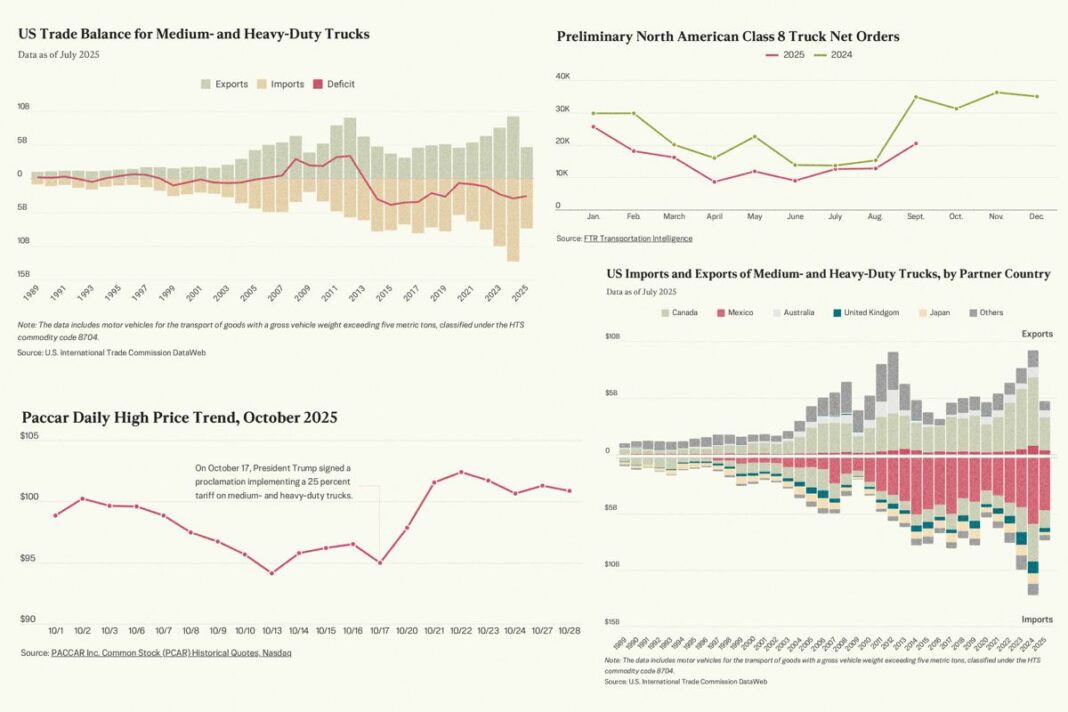Several big cities will vote on Nov. 4 for mayoral candidates. In every case, the real contest is between factions of the Democratic Party.
Several major cities in the United States will vote in elections for their mayors on Nov. 4. Many of the cities are heavily populated by Democratic voters, and races for their mayoral offices involve contests between factions within the party.
The results of these elections will determine the local policies of these cities for the next four years, which directly affect the lives of nearly 10 million Americans.
Below, The Epoch Times lists these elections, the primary candidates running, and the promises they have made to voters.
New York City
The mayor of New York City is one of America’s oldest and most famous political offices, often likened to being the “second toughest job in America” after the President of the United States. The incumbent leads the largest city in the country, with a population of 8.4 million people, as well as one of the richest and most visible cities in the world, giving the official an international reputation.
The leading candidate, according to present polls, is Democratic nominee state Assemblyman Zohran Mamdani. Mamdani has taken New York politics by storm after his upset victory in the Democratic primary election on June 24. The 34-year-old is a naturalized U.S. citizen of Indian descent, originally from Uganda, and describes himself as a democratic socialist and member of the Democratic Party’s left wing.
Mamdani’s chief campaign promise is to freeze residential rents in New York City’s rent-stabilized housing, where two million people currently reside. The mayor appoints members of the Rent Guidelines Board, which has the power to issue such a freeze. Additionally, he has promised to make public buses free and raise taxes on wealthy New York residents, though both of these will require action by the government of the State of New York.
Mamdani’s main opponent is the state’s former governor, Andrew Cuomo. Cuomo is the scion of a political family and served as governor, the same office held by his father, for 10 years until 2021, when he resigned amid sexual harassment allegations. He denied wrongdoing, and criminal charges against him were later dropped. He previously ran in the Democratic primary and was leading for many months.
Now, Cuomo is running as an independent candidate with the endorsement of New York’s incumbent mayor, Eric Adams, a Democrat, who ended his own independent reelection campaign amid low support. Cuomo has criticized Mamdani as too left-leaning and has promised to increase public safety. The former governor also highlighted that he has more political experience than Mamdani, having served in several federal and state offices since 1993.
Recent polling puts Mamdani 16 percentage points ahead of Cuomo. Unlike the primary, the general election does not use ranked-choice voting, and present polling indicates that Mamdani would win outright.
The third candidate, Republican nominee Curtis Sliwa, is the founder of the Guardian Angels, a public safety volunteer group, and a longtime radio host in New York City who has run for office previously.
Given New York’s overwhelmingly Democratic and progressive lean, it is highly unlikely that Sliwa will win. However, the Republican has vowed to stay in the race, despite mounting calls urging him to quit to boost Cuomo’s chances, just days before early voting begins.
“Let’s be very clear: I am not dropping out—under no circumstances,” Sliwa told reporters on Tuesday outside a Manhattan subway station. “I’ve already been offered money to drop out, I said no.”
He has emphasized his grassroots ties and urged New Yorkers to vote for a candidate who represents ordinary residents rather than wealthy interests.
Minneapolis
In Minnesota’s largest city, a highly competitive race has emerged for the mayoralty. The incumbent mayor, Jacob Frey, a member of the Democratic-Farmer-Labor (DFL) Party, is seeking reelection to a third term. He is being challenged by state Sen. Omar Fateh (DFL), a member of Minneapolis’s large Somali community, and DeWayne Davis, the Chaplain of the Minnesota Senate.
Fateh’s challenge has attracted attention for his youth and his progressive political views, drawing comparisons to Mamdani. He has been endorsed by U.S. Rep. Ilhan Omar (D-Minn.), a Somali-American, as well as left-wing groups such as the Sunrise Movement and Our Revolution, the latter being backed by U.S. Sen. Bernie Sanders (I-Vt.). Frey, meanwhile, has been endorsed by more establishment figures in Democratic-Farmer-Labor politics, such as Gov. Tim Walz and U.S. Sen. Amy Klobuchar.
A poll sponsored by a group supporting Fateh showed that Frey is leading the field with 34 percent support. However, Minneapolis uses ranked-choice voting, meaning that voters may rank their preferences on a ballot, and votes will be apportioned in rounds. Voters can rank their top three candidates, and those with low vote totals on the first round will be eliminated, with their voters’ second preferences receiving their votes. The process will continue until one candidate has 50 percent support.
Cincinnati
The city of Cincinnati, which borders Kentucky along the Ohio River, is holding another highly charged mayoral contest with big names involved.
The incumbent, Aftab Pureval, is seeking reelection to a second term and is running against Cory Bowman, the half-brother of Vice President JD Vance.
The mayoral race is nominally nonpartisan, though Pureval and Bowman have been endorsed by the city’s Democratic and Republican parties, respectively. Vance has endorsed and spoken in favor of his half-brother’s candidacy.
“Hey Cincinnati! My brother CoryBowman is running for mayor and is on the ballot today for the primary. He’s a good guy with a heart for serving his community. Get out there and vote for him!” Vance wrote on X on May 6.
Cincinnati has traditionally voted for Democratic-backed candidates for mayor.
Atlanta
Atlanta is the capital and largest city in Georgia, as well as one of the largest cities in the southern United States, and its mayoral race is competitive.
Incumbent Mayor Andre Dickens is seeking reelection to a second term. He is running against three minor candidates: Helmut Domagalski, a LGBTQ-focused activist, former Atlanta Police Officer Kalema Jackson, and Eddie Meredith, a community organizer.
There is no major polling on the race, though it is widely expected that Dickens will win reelection.
The Metropolitan Atlanta area is highly significant in U.S. presidential politics, for the city center’s heavy Democratic lean counterbalances the rest of the state’s conservative and Republican preference. The suburban areas around Atlanta, thus, have been critical battlegrounds for presidential candidates since 2016.
Bill Pan contributed to this report.
By Arjun Singh







